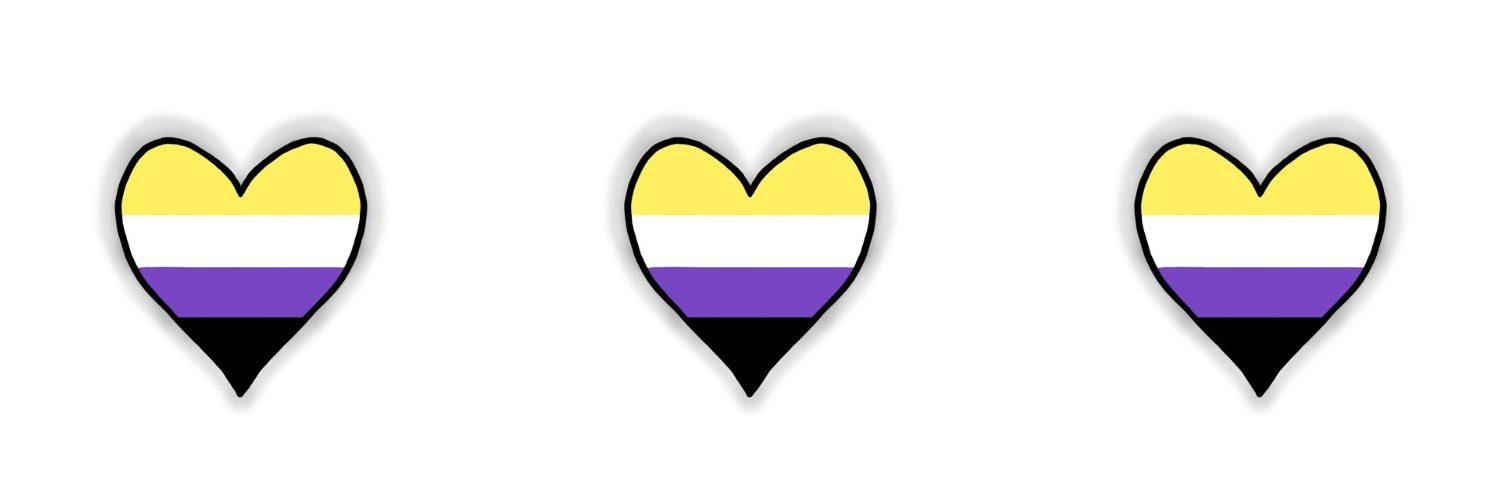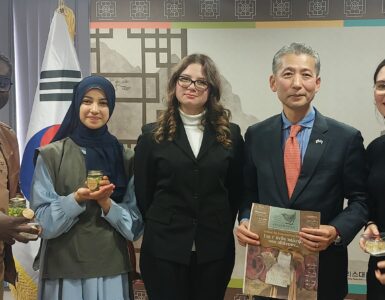We have all been acquainted with prejudice between the male and female genders. However, what many seem to ignore, is the censorship people that do not conform to either of those two genders have been receiving. Lack of awareness and indifference, I would argue, are two of the most brutal forms of discrimination. This is why I asked a friend of mine, that now goes by the name Michelle, for a special discussion on the topic in order to gain insight into the struggles and obstacles non-binary people face in our society.
Non-binary is an umbrella term for people who don’t recognize themselves as either “man” or “woman”. Moreover, non-binary identities can include people who identify with some aspects of binary identities while others discard them all. Michelle has identified as non-binary for more than half a year now and they are ready to spread awareness into the world about their gender identity.
“In my opinion, what many people don’t seem to realize is that there is a difference between the sex we are born with and our gender identity. People are not black and white and we should not limit ourselves to the misconceptions others make due to our bodies. I fear the bias we face on a daily basis is not just because of the lack of awareness or representation, but also attributable to the misapprehensions and people not understanding fully what being non-binary really is”, they claim.
Without knowing, we initiated our discussion by addressing some misinformation that has been spreading for a while. First and foremost, gender refers to socially constructed roles, expressions and behaviors while sex has to do with the biological attributes we are born with (usually categorized as female or male). Gender has nothing to do with sexual orientation. Gender identity is a huge part of an individual’s sense of self while sexual orientation works as a mere component of one’s identity, therefore they are both personal but are not in any way linked.
My first question involved how can someone know for certain whether they are non-binary or not, to which they replied “I believe the ‘process’ is different for everybody. For instance, I have heard of many people feeling like they were born in the wrong bodies while for me this wasn’t the case. I would go as far as saying that my gender identity is a way of expressing my dispute with the whole system of gender”.
I then proceeded by asking whether they had noticed any changes in others’ behavior when they told them about their gender identity. “There will always be negative comments and reactions. People are hesitant when it comes to change, disregarding the fact that change is meant to be progressive and inevitable. Nonetheless, I strongly believe gender identities are not a matter of opinion.”, a statement I agree entirely with.
We later discussed the common misconceptions people have. Many in fact view being non-binary as a trend or a quirk. We both were familiar with many people calling it “an idea people with too much time on their hands came up with”. There are also people who refuse to use the appropriate pronouns simply because the other person doesn’t look non-binary to them. “There is no such thing as looking non-binary. We should stop gendering people for their clothing and presentations. At the end of the day, these are all matters of preference”, they explain.
The message I gathered in this discussion is that respect and acceptance should not be given to people just because they fit our image of ‘normal’. People should not be judged by their preferences or gender identity but by their principles and the content of their character.









Add comment